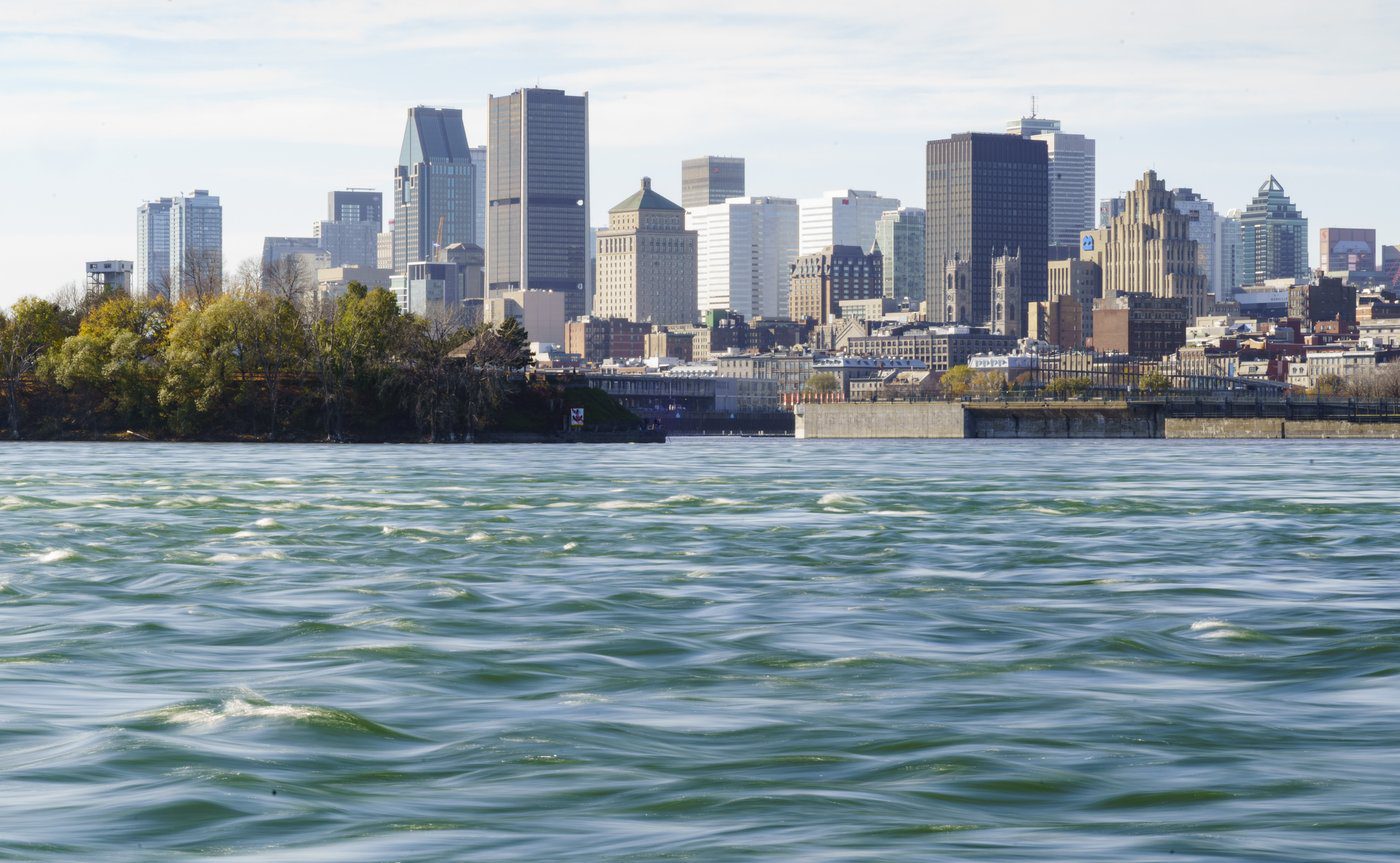MONTREAL — Municipal officials are considering an end to water fluoridation on the Island of Montreal in a move spurred by a petition from a resident who claims he has the support of Robert F. Kennedy Jr.
A council representing Montreal and the suburban municipalities on the island are scheduled to vote Thursday evening on whether the six West Island suburbs that treat their water with fluoride should stop the practice.
The city’s water department has recommended that fluoridation be stopped, in part due to cost, though public health officials support fluoridation as an effective way to reduce tooth decay.
But mayors of the affected suburbs say they only learned of the city’s plan in September, years after the department began studying the issue. They say residents haven’t been consulted and the process is undemocratic.
In a report dated March 2024, the water department says it began considering the use of fluoride in the water supply after receiving a “citizen petition” in 2020. That petition was launched by resident Ray Coelho, who said in a recent Facebook post that his campaign is supported by Kennedy.
“I’ve spoken to RFK on a few occasions, he congratulated me on ending fluoridation in Montreal,” he wrote earlier this month. The Canadian Press was unable to reach Coelho for comment.
Kennedy, a vaccine skeptic who has been tapped by United States president-elect Donald Trump to be his health secretary, claims that fluoride is an “industrial waste” linked to a range of health problems, and has said the Trump administration will remove the mineral from the U.S. public water supply.
Coelho has an active social media presence, and he posts often about the Israel-Hamas war, calling Israel a “genocidal terrorist state.” He ran in the 2019 federal election for the now-defunct Canadian Nationalist Party, a far-right white nationalist party that was deregistered by Elections Canada in 2022. He told the Montreal Gazette he is no longer associated with the party.
“I really question what type of due diligence Montreal does when they receive petitions,” said Heidi Ektvedt, mayor of Baie d’Urfé, one of the six affected suburbs. She said Coelho appears to be “inspired by conspiracy theories,” and said many of the residents in her suburb are “furious” about the city’s plan. “What’s going on in the United States should not creep into decision-making in our country,” she said.
Georges Bourelle, mayor of Beaconsfield, called Coelho a “far-right extremist,” and said he doesn’t put “a lot of credibility on petitions.” None of the affected communities, including Beaconsfield, has ever requested that fluoride be removed from its water, he said.
Only two of Montreal’s six water treatment plants use fluoride. Those two plants serve five per cent of the island’s population in six suburbs in Montreal’s West Island. There is only one other municipality in Quebec that puts fluoride in its water.
In its report, the water department says it costs about $100,000 a year to fluoridate the water at the two treatment plants. The city also refers to problems with the supply of fluoridation products in recent years that have led to shutdowns at the two plants, health concerns for workers handling the chemicals, and a desire to offer a uniform water supply to residents across the island.
The report acknowledges that major health organizations, including the World Health Organization, the U.S. Centers for Disease Control and Prevention, and Health Canada, support putting fluoride in drinking water. Montreal’s regional public health directorate told the department in November 2023 it favours fluoridation. But the report says that health considerations are “beyond the scope of expertise of the water department.”
Bourelle and Ektvedt said they were only told about the city’s plan to stop putting fluoride in their communities’ water during a September meeting — four years after the water department received Coelho’s petition. Ektvedt said she was “speechless” when she learned of the recommendation.
“It is an undemocratic decision made by the City of Montreal,” Bourelle said. “It shows a complete lack of respect of the population affected.”
He said the affected suburbs have only a small percentage of the voting power on the council, calling the process “a flagrant example of abuse of power by the majority at the agglomeration council.”
This report by The Canadian Press was first published Nov. 21, 2024.
Maura Forrest, The Canadian Press





